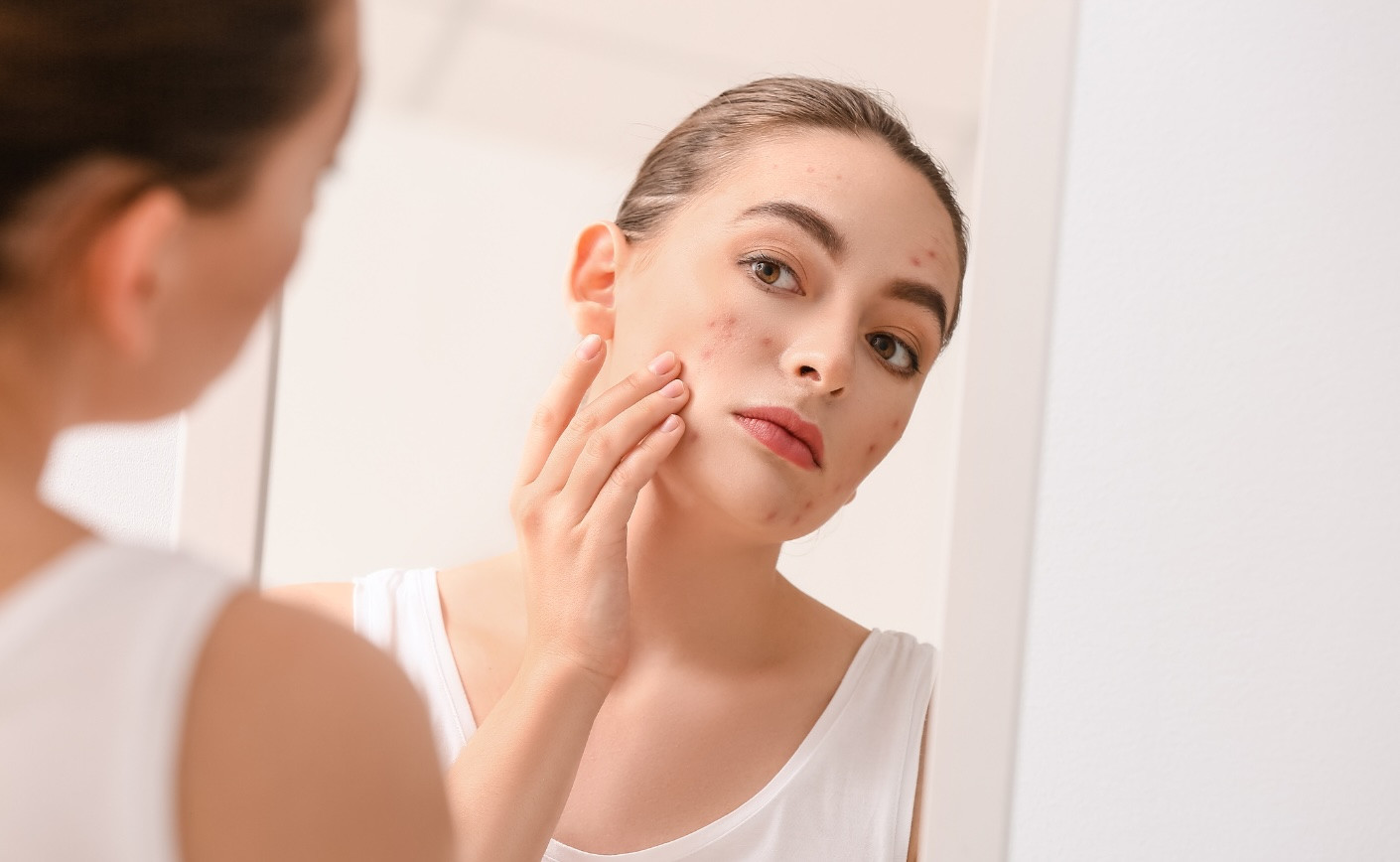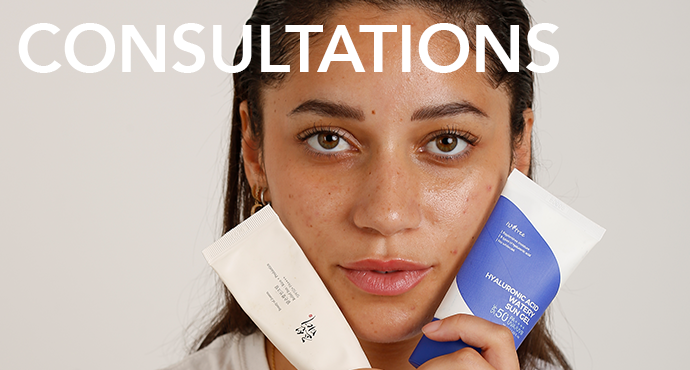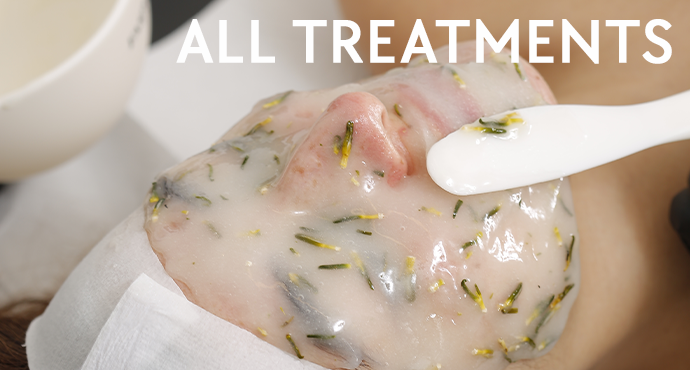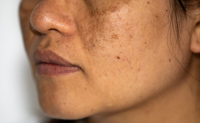
Inflammation is a complex and essential biological process. It represents our body's response to external or internal aggression. However, when inflammation becomes chronic, it can have detrimental effets, particularly on the skin, the most visible and largest organ of our body. In this article, I'll explain the consequences of inflammation on the skin.
Inflammation: a vital defense mechanism
Inflammation is the immune system's first response to a threat. It aims to eliminate the threat and initiate the healing process. The classic signs of acute inflammation include redness, heat, swelling, pain, and sometimes loss of function. This mechanism is crucial for tissue repair and fighting infections. It ends after several hours or few weeks. It's a temporary reaction.
From acute to chronic inflammation : impact on the skin
If inflammation persists beyond what is necessary, it becomes chronic. This is also known as "low-grade" inflammation because its intensity is lower. Yet, it is persistent and can cause tissue damage. The skin, being a mirror of our overall health, is highly responsive to chronic inflammation.
De l'acné à l'eczéma, du psoriasis au vieillissement cutané accéléré, l'inflammation sous-jacente est souvent un facteur aggravant. From acne to eczema, psoriasis to accelerated skin aging, underlying inflammation is often an exacerbating factor.
- - Acne: the inflammatory state can not only stimulate sebaceous glands, but can also alter the quality of sebum. This, in turn, promotes the appearance and persistence of comedones and pustules.
- - Eczema: the emergence of red patches and unbearable itching is an alarm signal from the skin in response to chronic inflammation. It often reflects an immune response that's out of control in reaction to internal or external allergens or irritants.
- - Psoriasis: this autoimmune disease is characterized by thick, scaly patches. Inflammation accelerates the life cycle of skin cells, causing them to accumulate on the skin's surface.
- - Skin aging: chronic inflammation can accelerate aging. It contributes to the degradation of collagen and elastin, which are crucial for the skin's suppleness and resislience.
Underlying causes of skin inflammation
Plusieurs facteurs peuvent contribuer à l'apparition et au maintien de l'inflammation cutanée. Parmi eux, voici quelques exemples : Several factors can contribute to the onset and maintenance of skin inflammation. Here are a few examples:
- - Environmental factors: such as UV exposure, pollution, and toxins.
- - Lifestyle habits: stress, lack of sleep, an unbalanced diet, alcohol, and smoking.
- - Allergens and irritants: certain cosmetic products or detergents (in laundry and other household products for exemple) can trigger inflammatory reactions.
- - Hormonal imbalances: particularly during the adolescence, pregnancy, or menopause. There are also conditions like thyroid problems, hormonal diseases such as polycystic ovary syndrome (PCOS), and other health issues that can lead to inflammation.
Managing inflammation for healthy skin
The good news is that skin inflammation can be managed and even prevented through simple actions:
- - Adopt an anti-inflammatory diet: rich in fruits, vegetables, omega-3s, and low refined sugars and saturated fats. I share some recipe ideas just here.
- - Protect your skin: use sunscreen, limit exposure to polluants, and avoid irritating products (laundry detergent, soap...).
- - Adopt a tailored skincare routine: choose products targeted for your skin type and conditions. If you have sensitive skin, select product specifically formulated for sensitive skin or inflammatory conditions.
- - Manage stress: yoga, meditation, and good sleep hygiene can help reduce stress levels and, consequently, inflammation.
- - Pamper your sleep: restorative sleep is essential to regulate your hormones, your nervous system, and to fight inflammation.
L'inflammation est une arme à double tranchant : essentielle pour combattre les éléments perturbateurs, mais potentiellement gênante si elle devient chronique. Prendre soin de notre peau et de notre corps se fait donc à travers des habitudes de vie saines et une prise de conscience des facteurs déclencheurs. De cette façon, nous pouvons minimiser les effets néfastes de l'inflammation et promouvoir une peau saine et éclatante. Enfin, il ne faut pas hésiter à se tourner vers un dermatologue pour recevoir l'aide nécessaire quand les soucis persistent. Inflammation is a double-edged sword: essential for fighting disruptors but potentially troublesome if it becomes chronic. Takin care of our skin and our body is done through healthy lifestyle habits and an awareness of trigger factors. This way, wa can minimize the harmful effects of inflammation and promote healthy, glowing skin. Finally, don't hesitate to turn to a dermatologist for necessary help when problem persist.
Sources :










